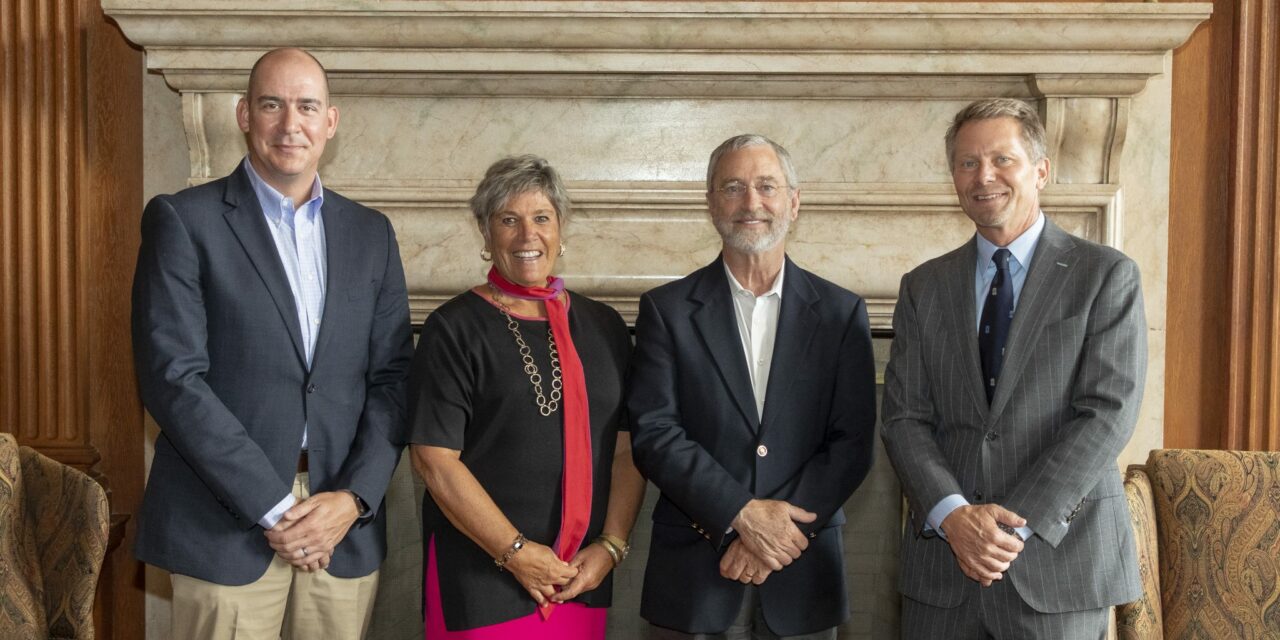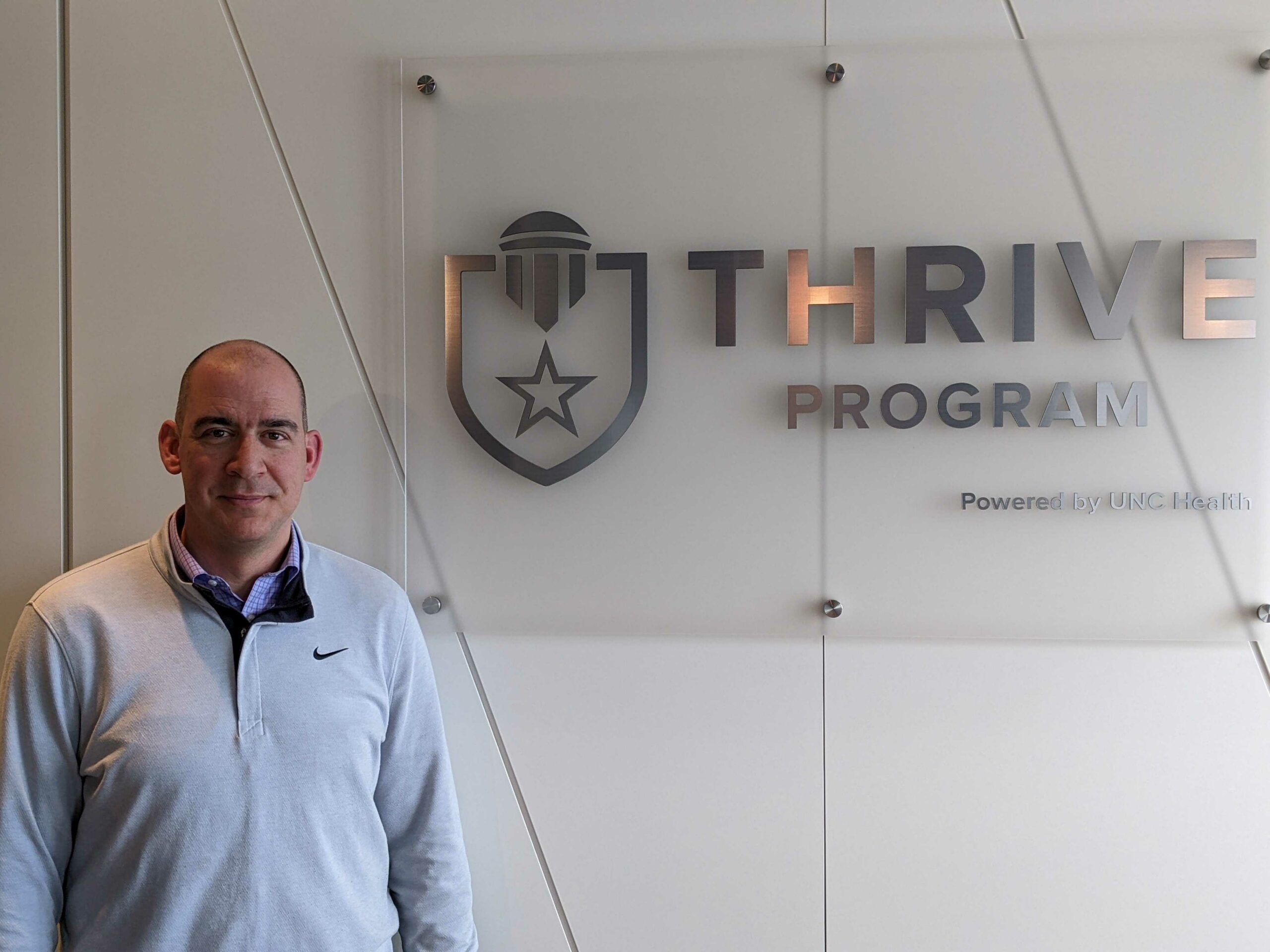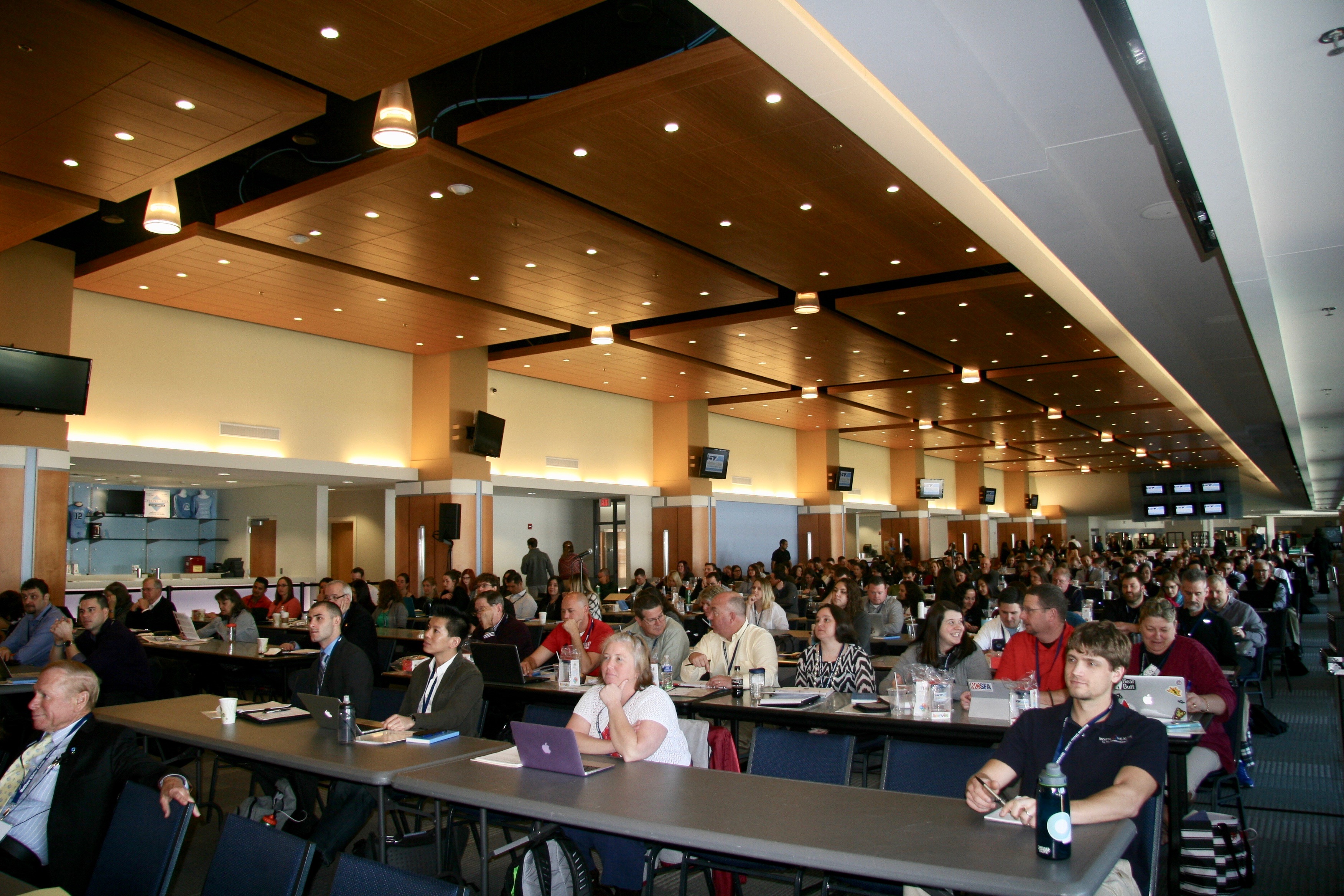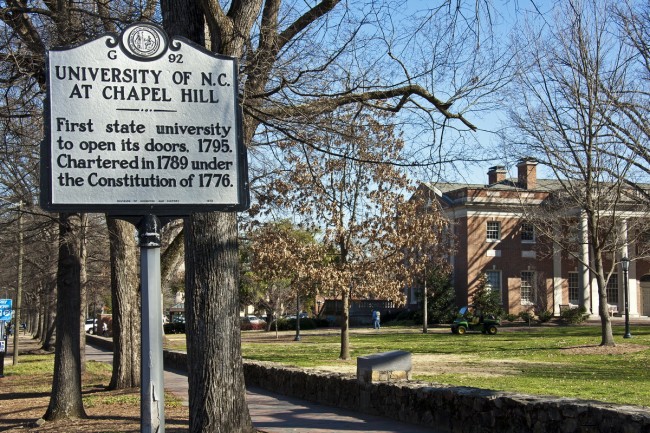UNC will establish a new accessible treatment program for military veterans with traumatic brain injuries, thanks to a $12.5 million gift.
The program will focus on promoting mental wellness in veterans through community-based clinical outreach.
The Transforming Health and Resilience in Veterans, or THRIVE program aims to make the treatment of veterans with traumatic brain injuries and post-traumatic stress disorder more accessible. Participants will be treated regardless of insurance coverage or ability to pay.
The program is made possible by a donation from the Gary Sinise Foundation Avalon Network, which supports the mental health and treatment of military veterans.
Dr. Jason Mihalik will be the chief executive officer of the program. He said THRIVE is a great opportunity for both veterans and the university.
“To be able to take our expertise, both from a research standpoint as well as our clinical expertise and our clinical reach and network within the state to provide this service to individuals within our state who have served us,” Mihalik said. “It’s just a very humbling opportunity for my team and I to serve them in return.”
The THRIVE program will be housed in the UNC Matthew Gfeller Center, which has over a decade in traumatic brain injury research. Mihalik is currently the co-director at the center.
He said military research partnership gives his team a deeper appreciation for the lasting mental health impacts of military service.
“We’ve really gown to appreciate the sacrifices made by the service members,” Mihalik said. “This opportunity presented itself where we could partner with the Gary Sinise Foundation Avalon Network to establish that clinical program, which I imagine many soldiers will be a part of.”
Jim Ravella is the Vice President of Programs at the Gary Sinise Foundation Avalon Network. He said the rise of issues like suicide and homelessness among veterans are alarming and create an urgent need for programs like THRIVE.
“Every day we wait another veteran, or first responder will take their life. So, every day is too late,” Ravella said. “We need to get it going to help these families. They deserve this, they deserve the best that this nation can offer them. They gave their best and we owe that back to them.”
The Traumatic Brain Injury Center of Excellence reports over 400,000 service members worldwide were diagnosed with a first-time traumatic brain injury between 2000 and 2020.
It is also now the case that more military personnel are dying by suicide than in combat.
Mihalik said mental health of veterans is often a taboo topic within the military community and that’s part of the reason depression and substance abuse are so common.
“All the issues that they’ve compounded and hidden and concealed at the expense of their own wellbeing in order to serve us over the course of their military careers are now coming back to haunt them,” Mihalik said.
THRIVE will not discriminate who is eligible for treatment regardless of service branch or discharge status.
Ravella also said he believes the current mental struggles of veterans should not be accepted. He said better, more accessible options must be made available.
“The treatment that is out there is not really impacting the numbers, Ravella said. “There had to be some other way that we could do this, some alternate treatments that we could do that could maybe help address those issues.”
The goal of THRIVE is to treat 140 veterans per year over the next 10 years. Once the program is fully operational, it will provide an annual referral network to 400 veterans and family members.
Mihalik said the goal is a good start, but more needs to be done in the long-term.
“The context of that is really small drop in the bucket,” Mihalik said. “There are roughly 2 million veterans that live in North Carolina and adjacent states in the southeast. So, that’s a really small number of people we will be able to help with our program and so the broader vision is an increased awareness of the importance of providing care to our veterans.”
After a six-month building and pilot phase, the THRIVE Program is slated to begin full operations in January 2022.
Veterans who want to learn more can email thrive@unc.edu or apply for care here.
Featured photo via UNC Communications
Chapelboro.com does not charge subscription fees. You can support local journalism and our mission to serve the community. Contribute today – every single dollar matters.








